
The Fascinating World of the Human Brain
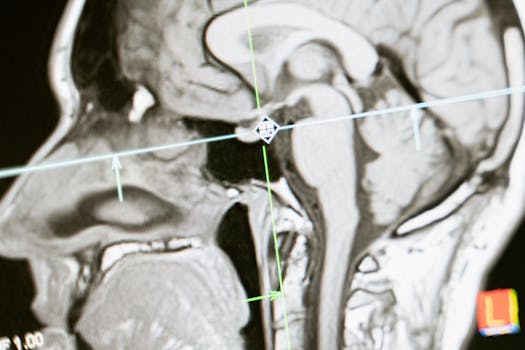
The human brain is one of the most complex organs in our body, comprising around 86 billion neurons. It governs everything we do, from our thoughts and emotions to our physical movements. Understanding the brain has always been a challenge for scientists, but recent advancements in neuroscience are beginning to uncover its deepest secrets.
Recent Breakthroughs in Neuroscience
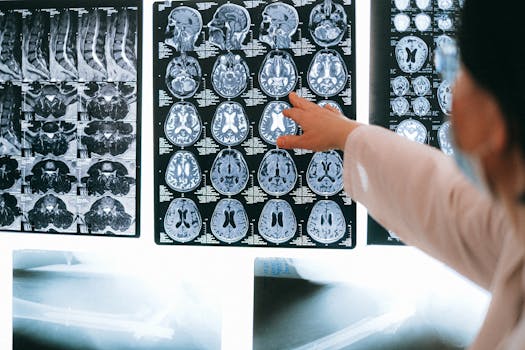
Over the past few years, several breakthroughs in neuroscience have changed our understanding of how the brain works. One significant advancement has been the development of neuroimaging techniques, such as functional MRI (fMRI) and positron emission tomography (PET), which allow researchers to observe brain activity in real-time.
Another groundbreaking discovery is the role of neuroplasticity—the brain’s ability to reorganize itself by forming new neural connections. This discovery has important implications for rehabilitation after brain injuries and for treating mental health conditions.
The Impact of Technology on Neuroscience
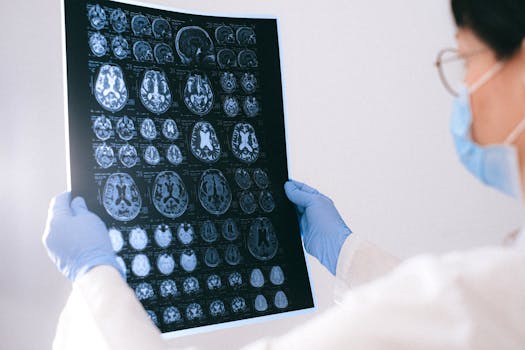
Technology has also played a crucial role in neuroscience research. Artificial intelligence (AI) and machine learning algorithms are being used to analyze complex data sets, leading to new insights into brain function and disorders. For instance, AI has been instrumental in predicting the onset of diseases like Alzheimer’s by analyzing patterns in brain scans.
Understanding Mental Health through Neuroscience
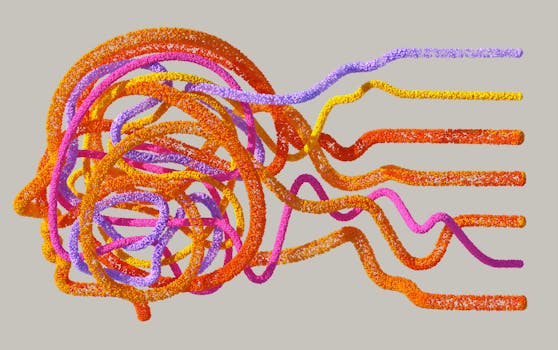
Neuroscience is shedding light on mental health disorders, providing a biological basis for conditions such as depression, anxiety, and schizophrenia. Research into neurotransmitters, such as serotonin and dopamine, has revealed how imbalances can affect mood and behavior, paving the way for more effective treatments.
Conclusion
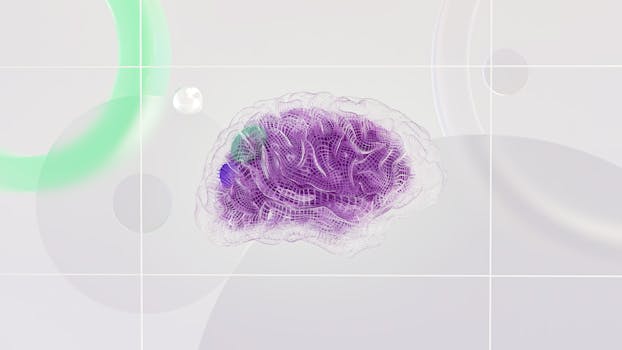
The human brain remains one of the greatest mysteries of science, but with the ongoing advancements in neuroscience, we are closer than ever to unlocking its secrets. As we continue to explore the intricacies of this remarkable organ, we can expect to see significant improvements in our understanding of human behavior and the treatment of neurological disorders.



